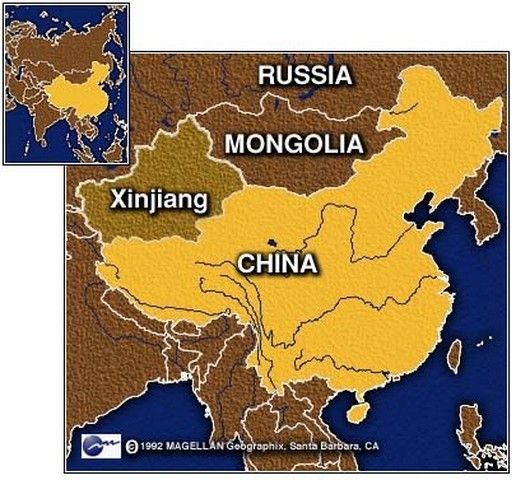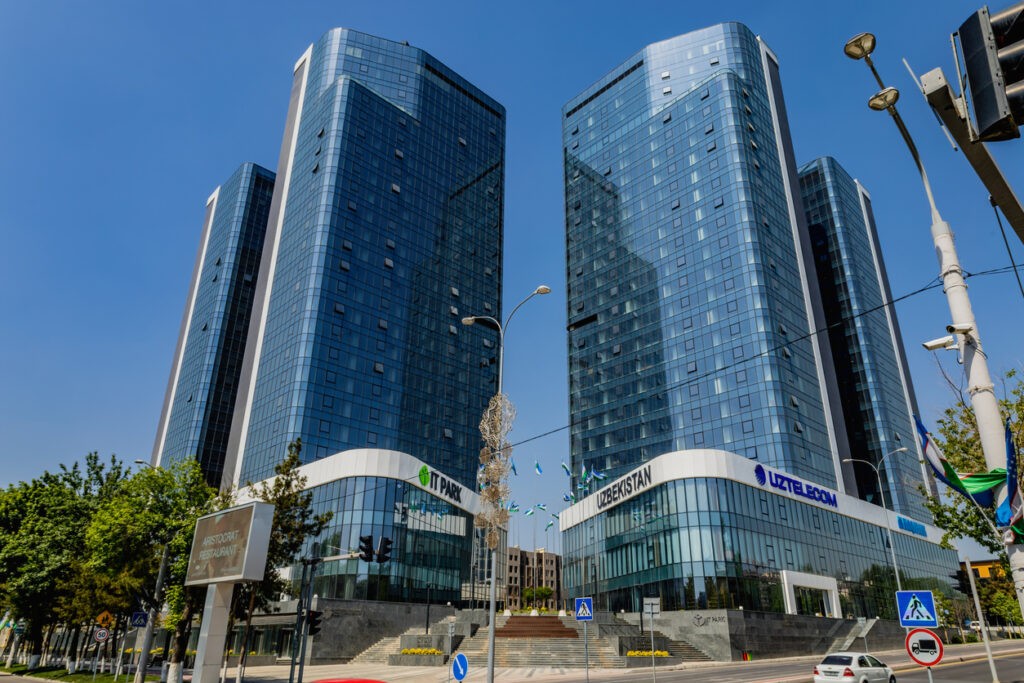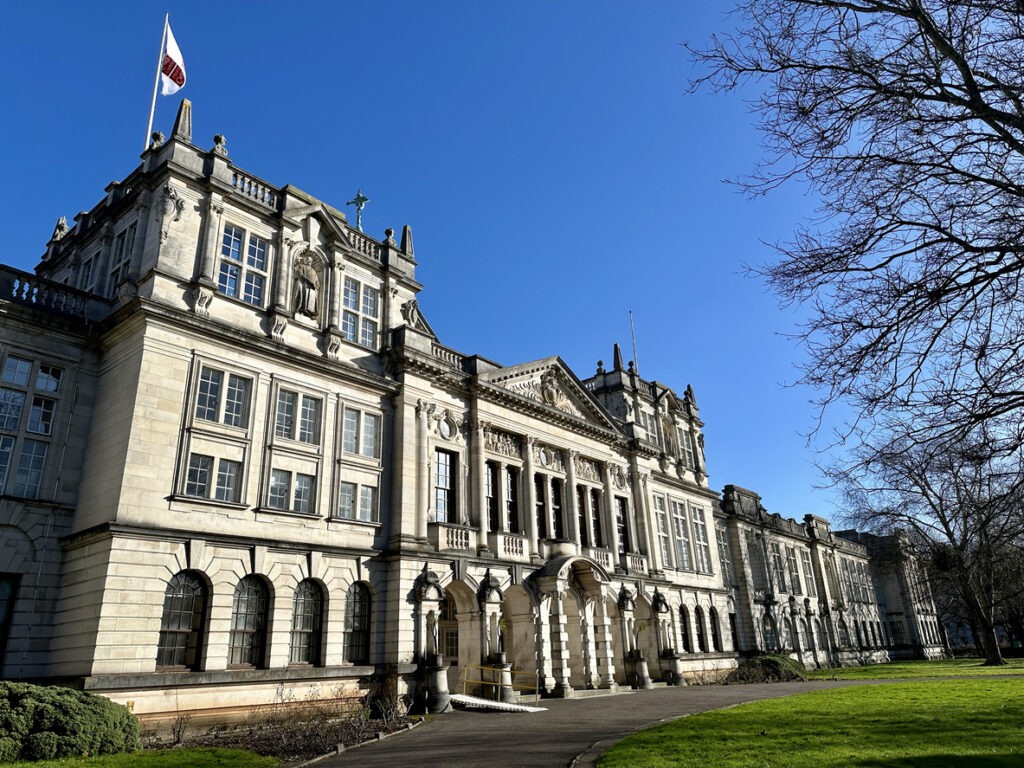BISHKEK (TCA) — The World Bank said in a statement on August 29 that there is no indication that World Bank resources made available to schools supported by the Bank’s Technical and Vocational Education Project in China’s Xinjiang were used for any other purposes than those agreed to under the project.
Foreign Policy magazine reported on August 27 that at least $30,000 of a World Bank loan to a supposed educational project in Xinjiang was used by the schools not for educational purposes but to purchase high-end security gear, including barbed wire, tear gas, and body armor.
The World Bank said in the statement that the $50 million loan, which was approved in 2015, supports five longstanding public vocational colleges in the Xinjiang region. The schools offer three- and five-year vocational degrees offered on a fee-based and voluntary basis. The World Bank’s support includes helping to update the curriculum, developing high-quality teaching teams, and improving employment opportunities by ensuring that students’ training and skills match the needs of local industries and service sectors.
The World Bank says it has conducted supervision missions twice a year since the project started. These missions include a technical, procurement and financial management review, a social safeguards review, and a monitoring and evaluation review. “There is no indication from these missions that World Bank resources made available to the schools were used for any other purposes than those agreed to under the project,” the statement said.
“There is no evidence that funds have been diverted, misused, or used for activities not in line with project objectives,” the Bank added.
The project has had a special focus on helping ethnic minority students improve their livelihoods and employment prospects, while supporting their cultural practices and identity. The World Bank prepared a detailed Ethnic Minority Development Plan for the project and conducted external surveys to monitor student progress after graduation.
The project is yielding positive development outcomes for local communities, the World Bank said. More than 48,000 students – 44 percent of whom are from ethnic minorities – will have benefited from the project by the time it closes at the end of 2020. As of April 2019, 91 percent of ethnic minority graduates of the five project schools had found employment within six months of graduation. Starting wages for graduates have increased by around 50 percent during the project period.
The project schools also provide short-term training programs for migrant workers, farmers and enterprises. By March 2019, nearly 114,000 people had benefited from these short-term programs, including more than 65,000 from minority ethnic groups, the World Bank said.
The United Nations said in August 2018 that an estimated 1 million ethnic Uyghurs and other mostly Muslim indigenous people of Xinjiang were being held in what it described as “counterextremism centers” in northwestern China.
China says that the facilities are “vocational education centers” aimed at helping people steer clear of terrorism and allowing them to be reintegrated into society.







